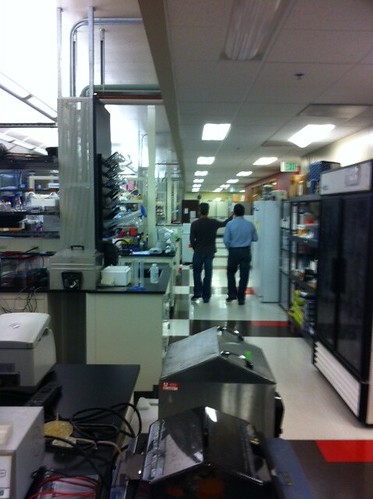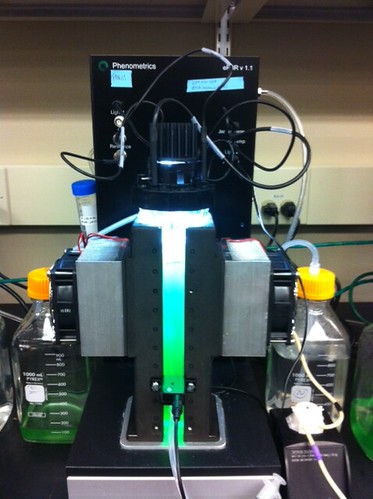Researchers at UC San Diego announced this week a breakthrough method for enhancing algae’s ability to produce oils without compromising the organism’s ability to grow. More oil production from algae means that more efficient biofuel production rates can be achieved.
Scripps graduate student Emily Trentacoste led the development of the new method, which is detailed in the latest edition of the Proceedings of the National Academy of Sciences.
“These results demonstrate that targeted metabolic manipulations can be used to increase accumulation of fuel-relevant molecules.… with no negative effects on growth,” said Trentacoste. “We have shown that engineering this pathway is a unique and practical approach for increasing lipid yields.”
Ms. Trantacoste was also a speaker at the Algae Biomass Summit in Orlando this year. Her presentations on lipid accumulation and algae’s place in agriculture are available for ABO members on the Member Resources page.




